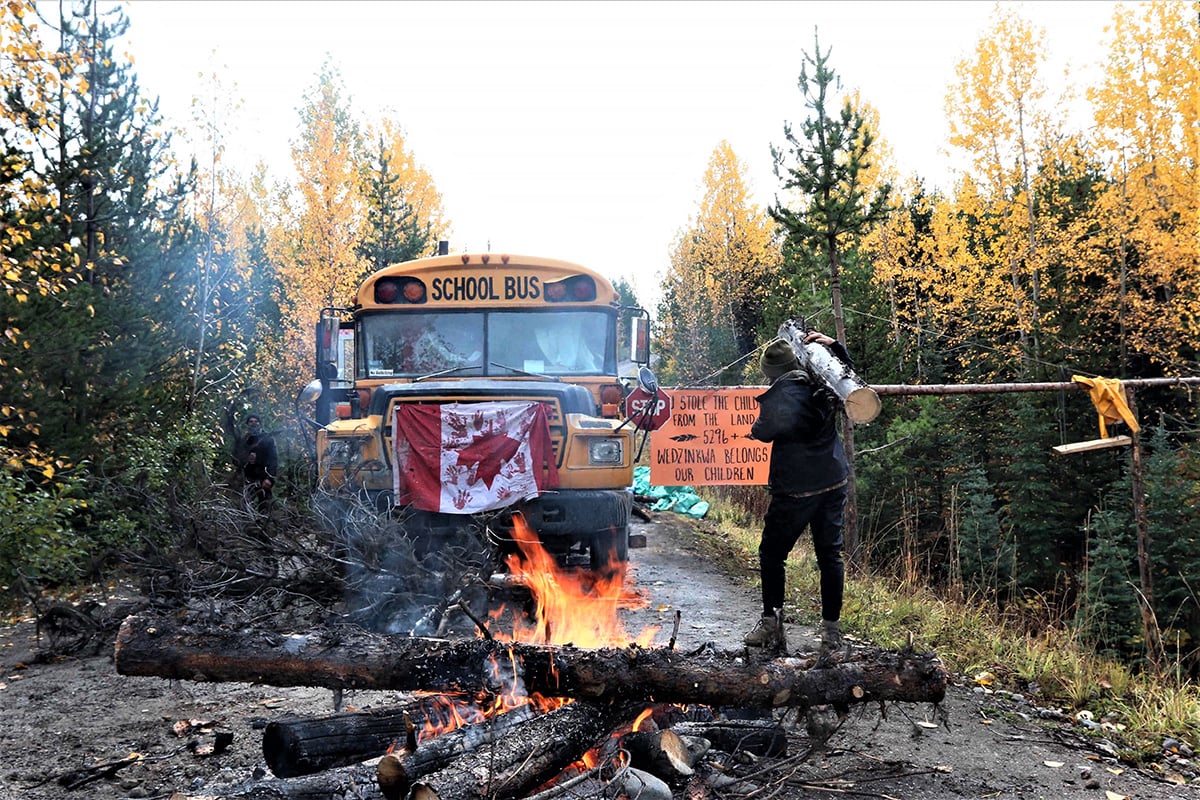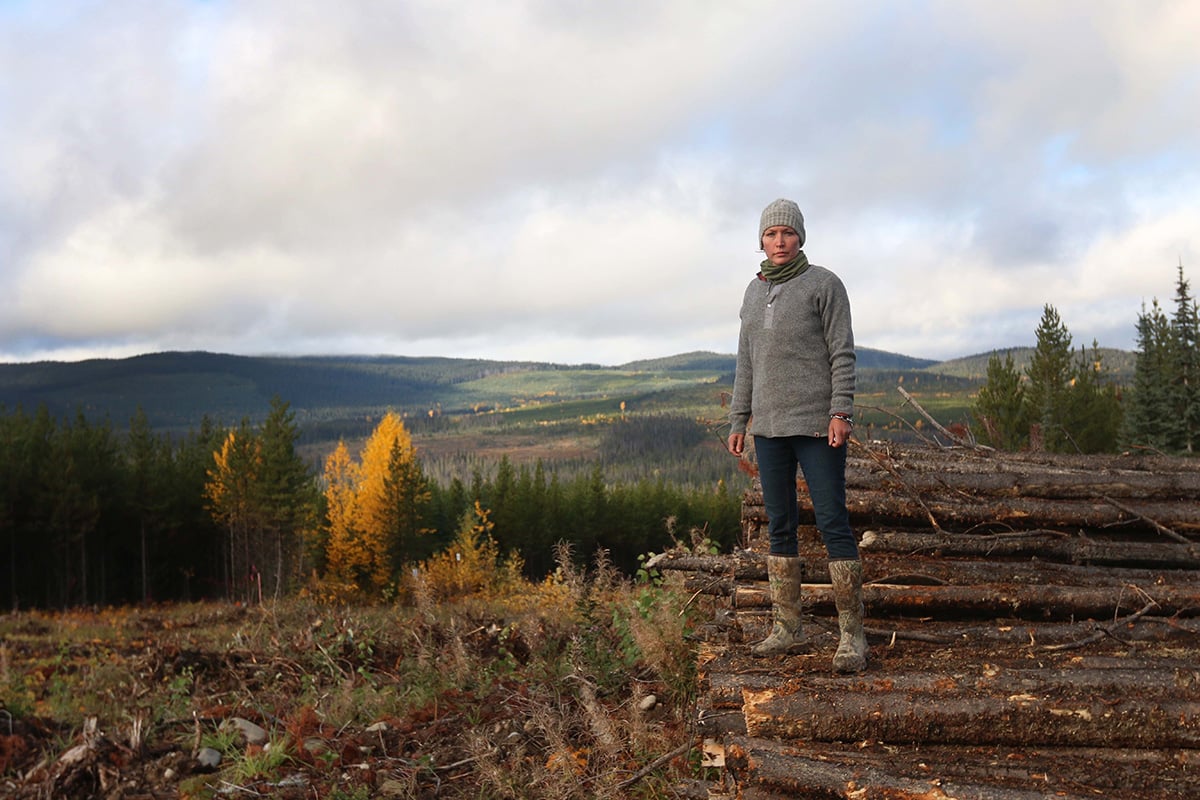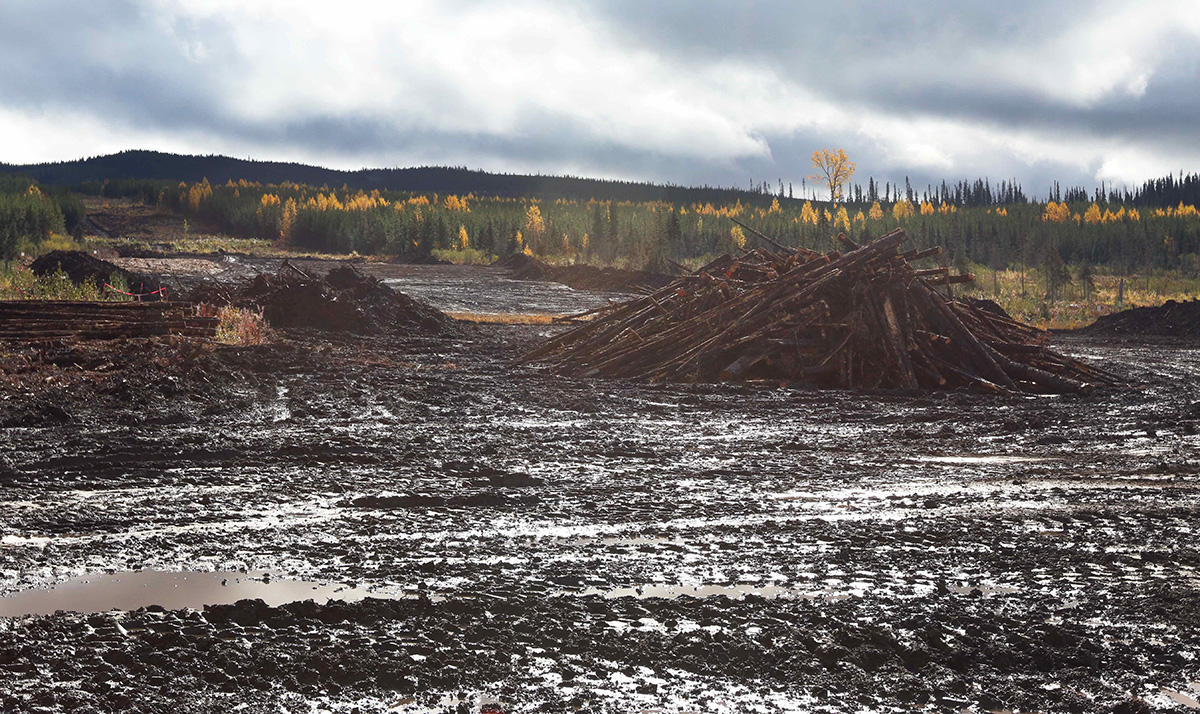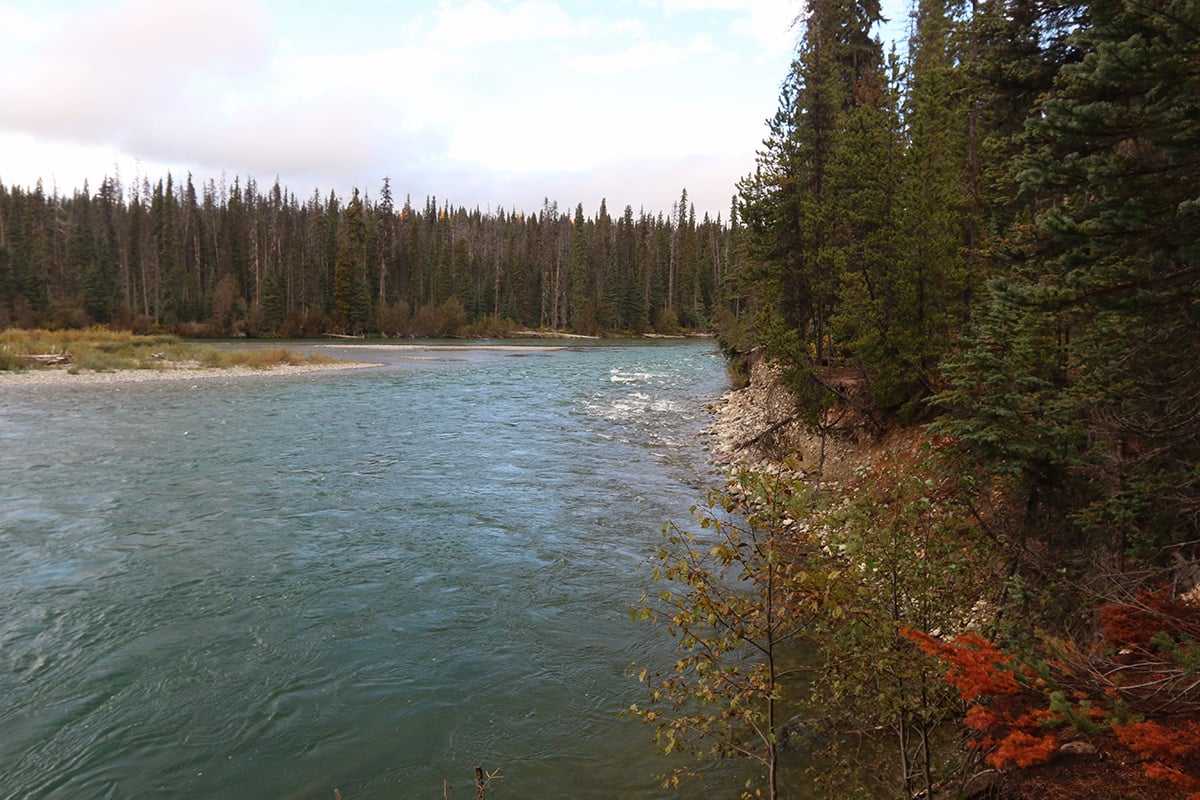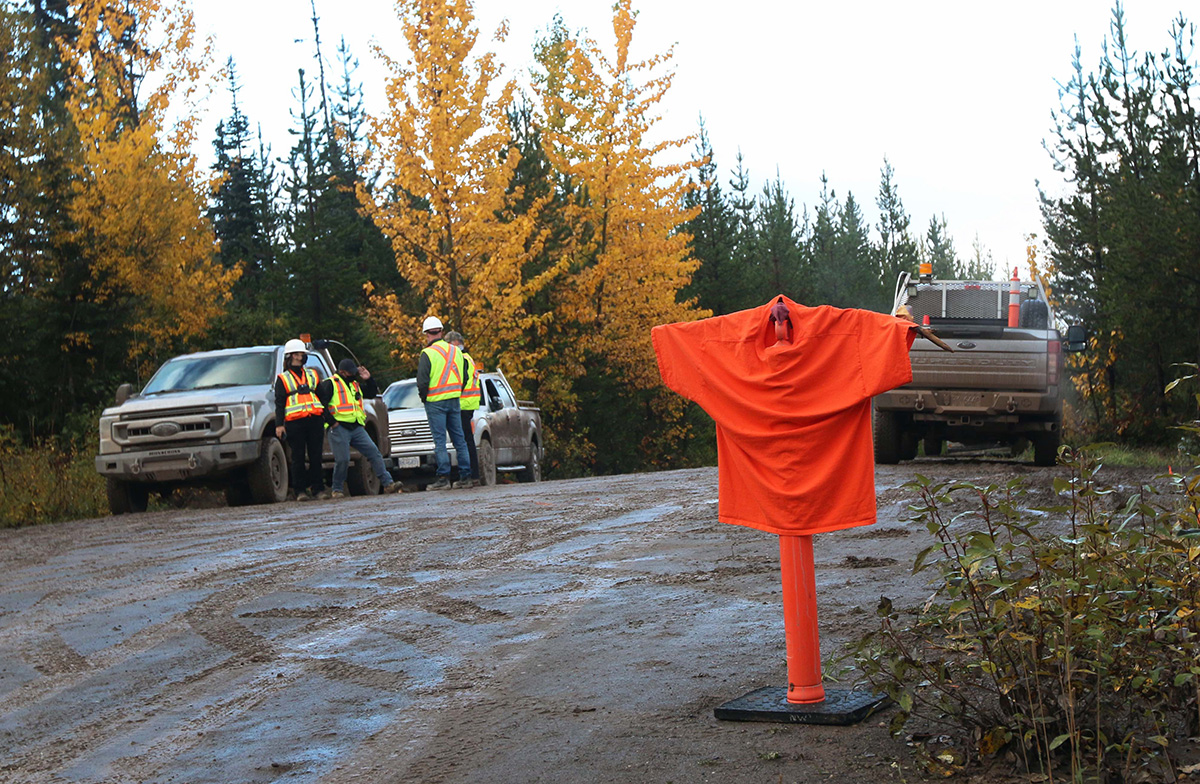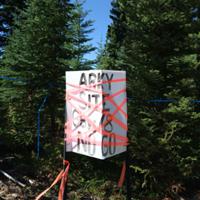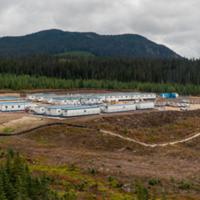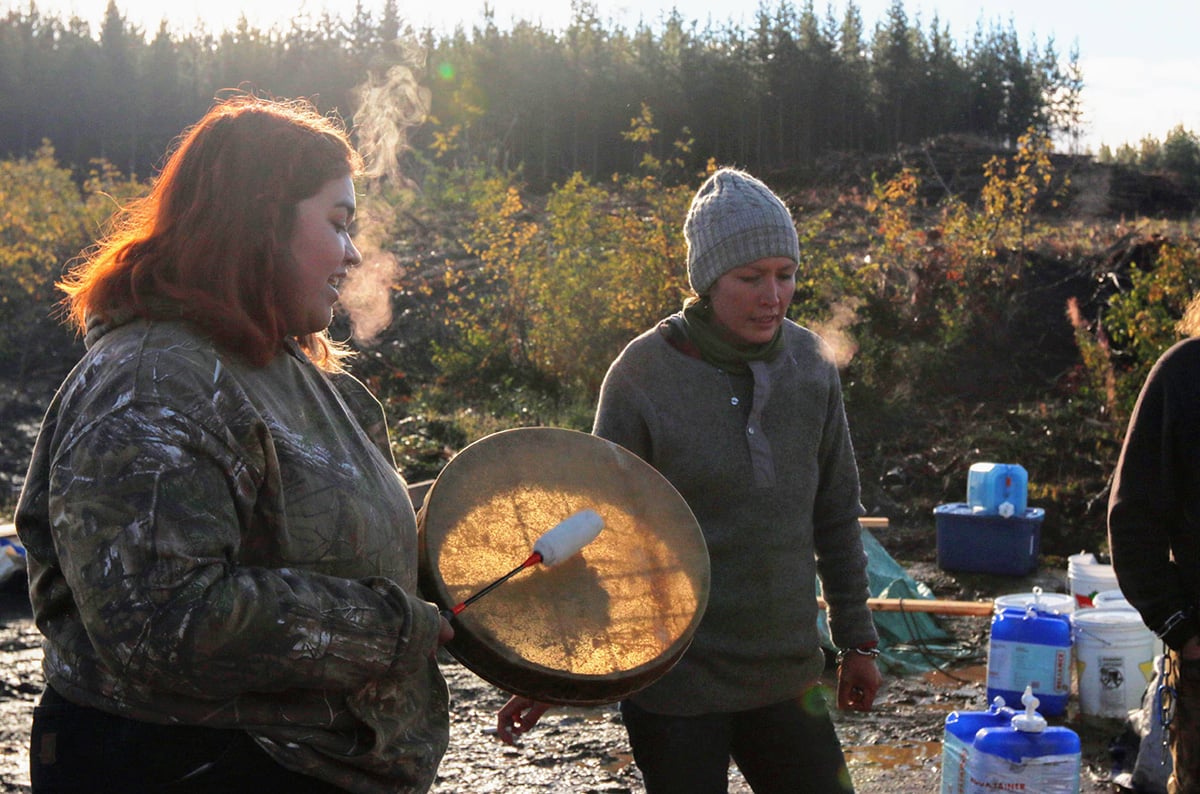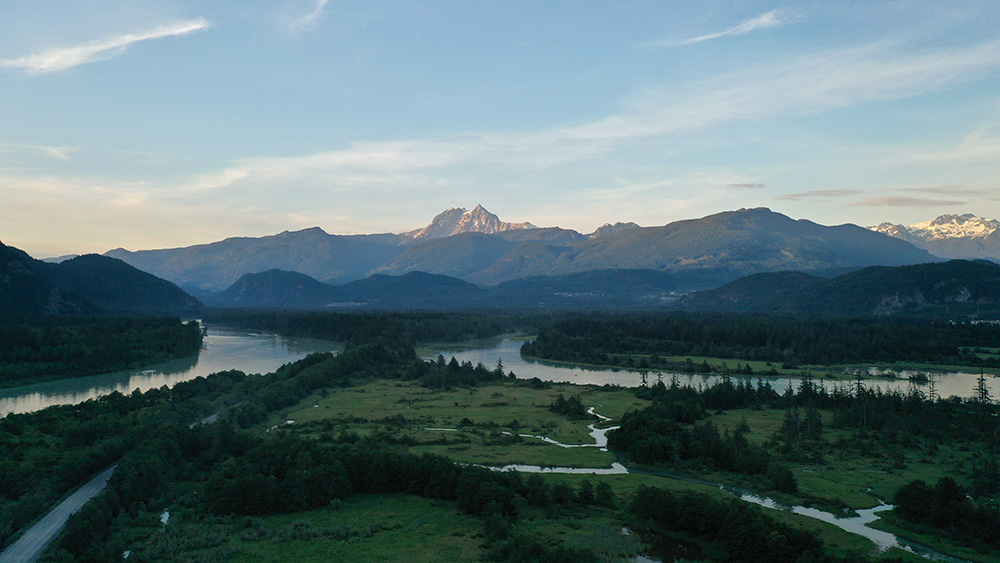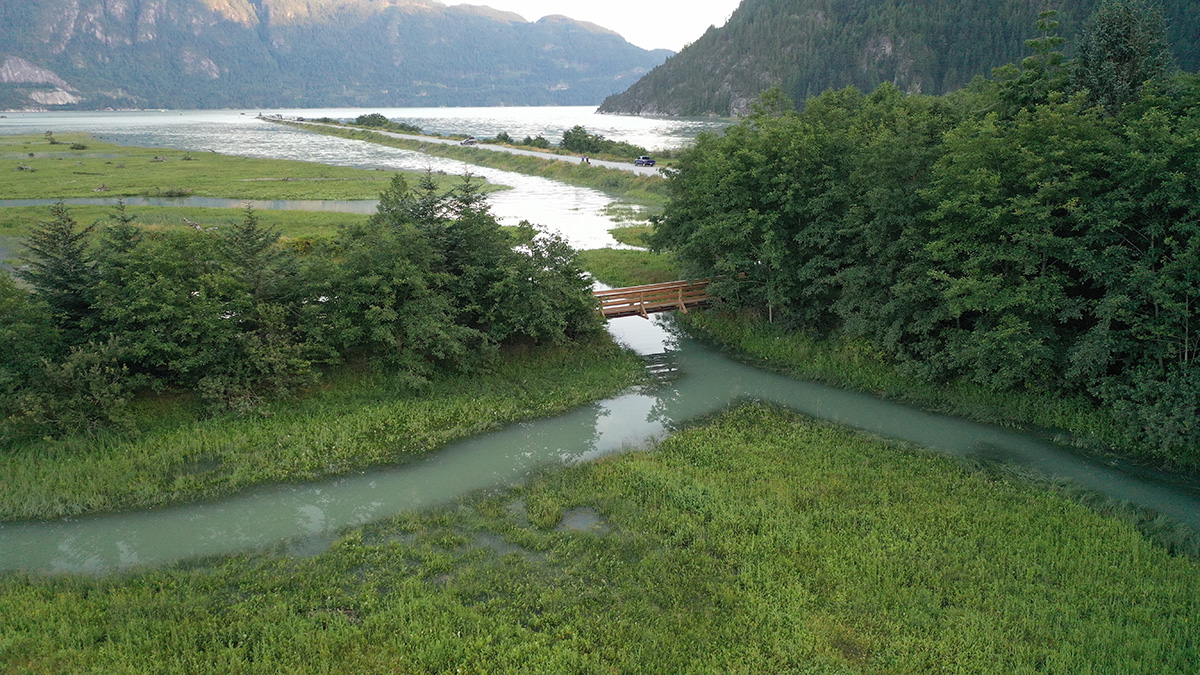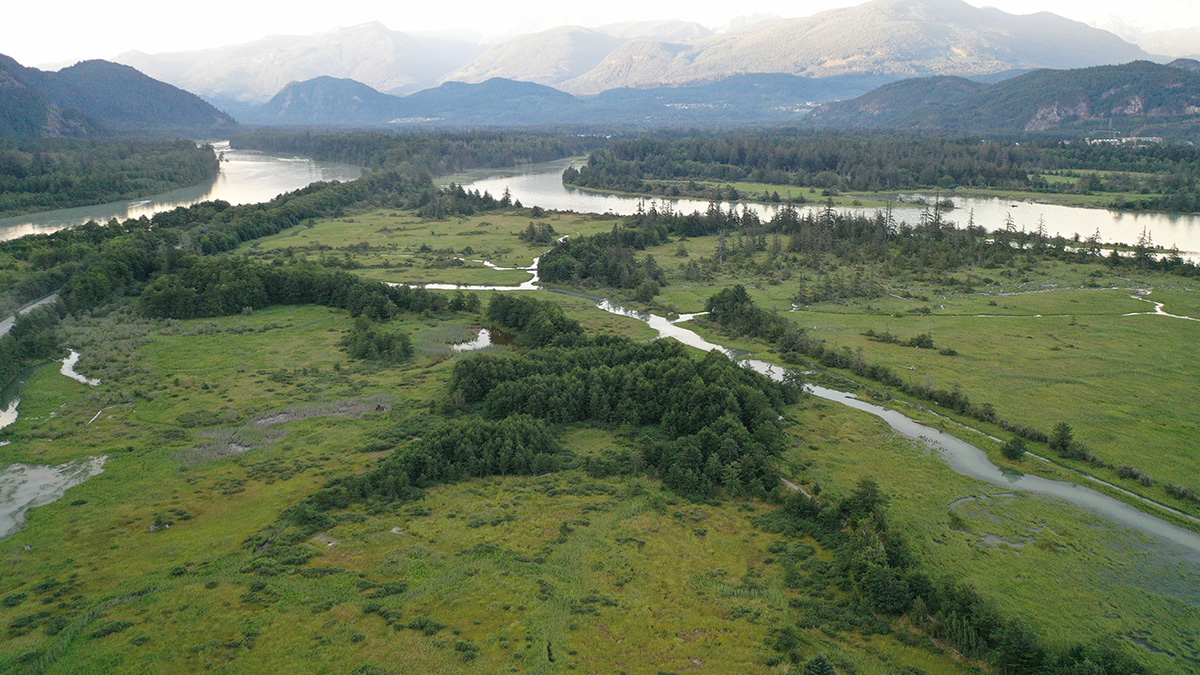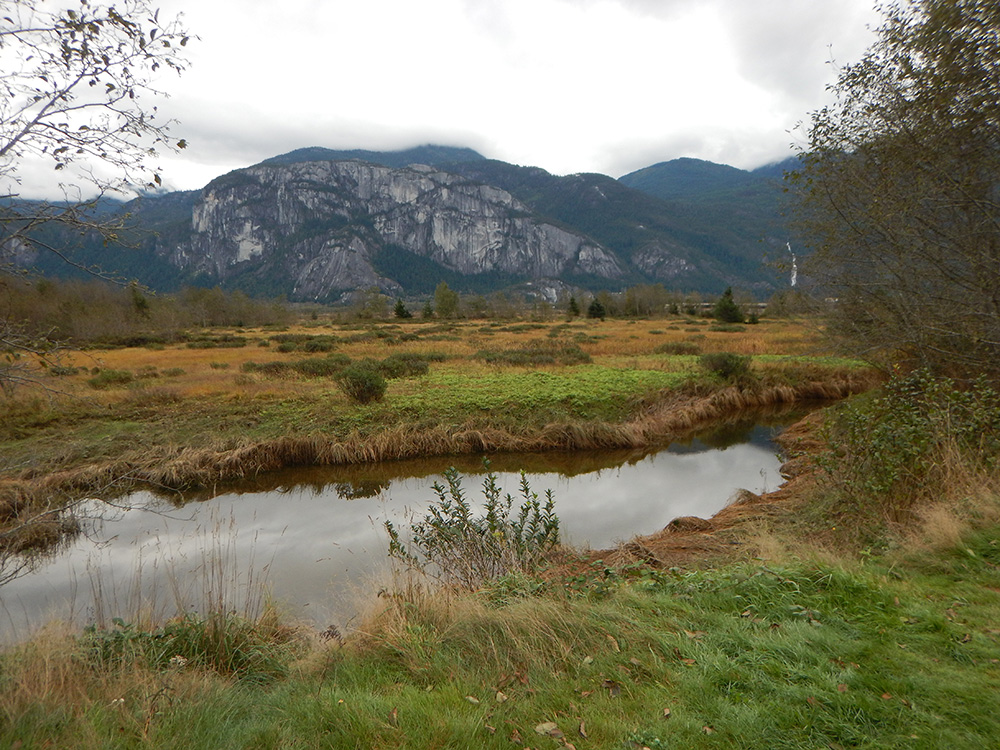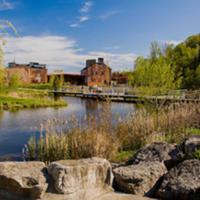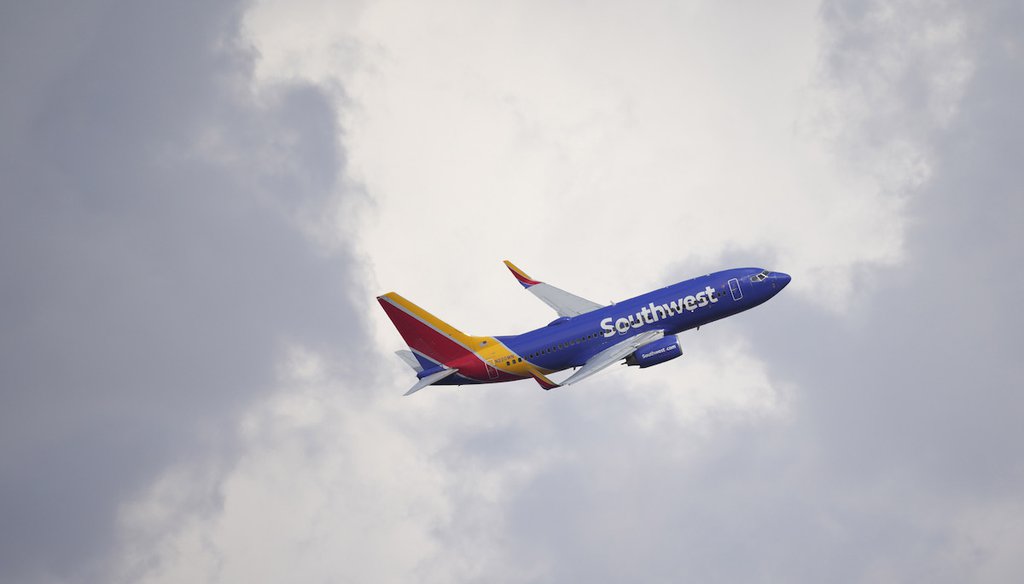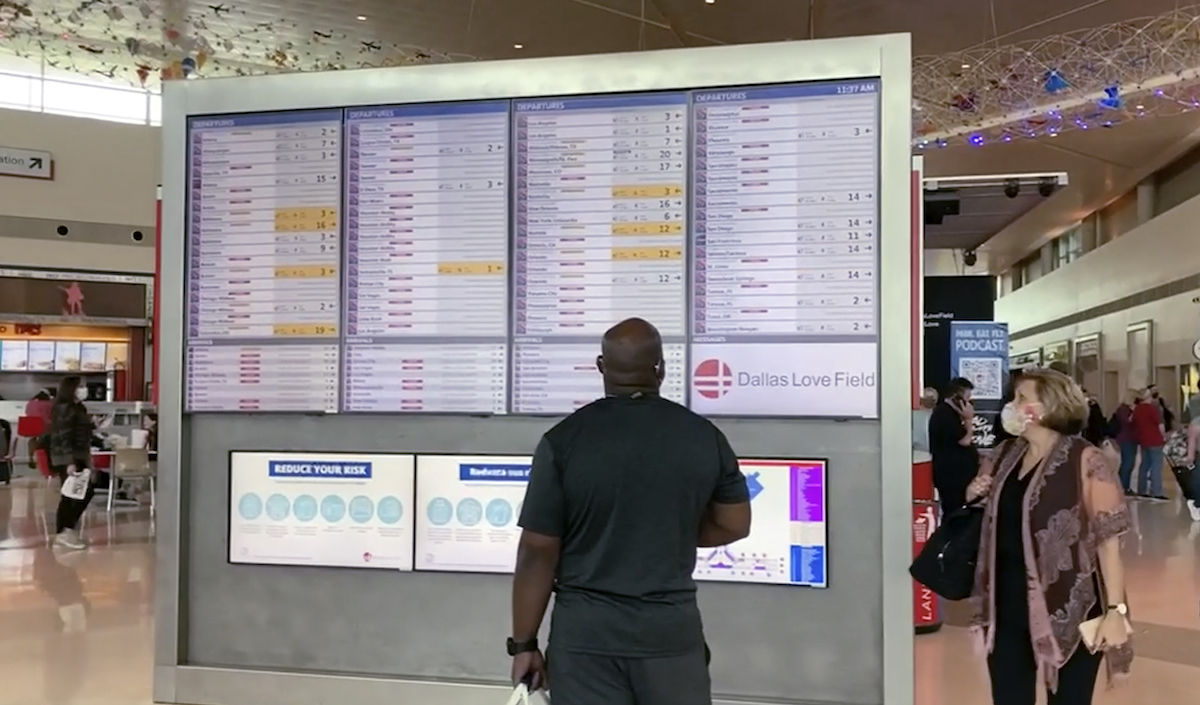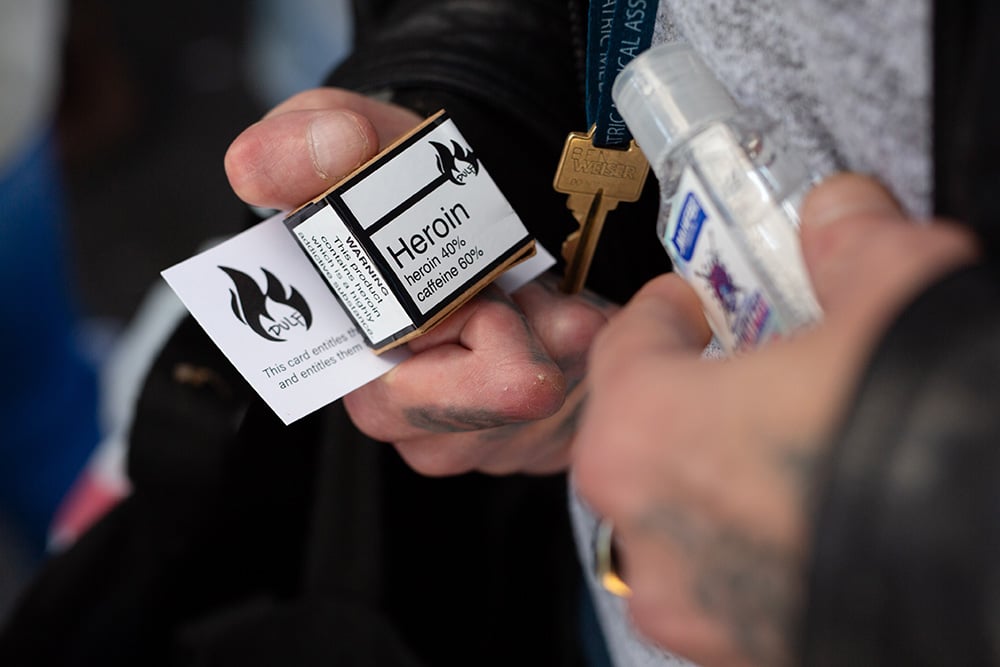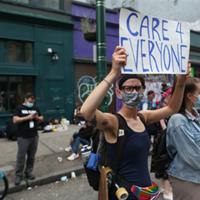Mozambican slave descendants fight for ‘full victory’ after Durban land claim win
Bureaucracy, disagreements keep Makua from their property
Abey Canthitoo was eight when tractors roared in to demolish his home and turn his neighbourhood into a whites-only area during SA’s apartheid regime. Six decades on, his community is reviving its fight to get back the confiscated land.
Canthitoo is one of thousands of descendants of freed northern Mozambican slaves - known as the Makua people - brought to SA by the British in the 1870s after they intercepted illegal slave ships en route to Zanzibar.
Now 67, Canthitoo said his memories of the eviction forever called to mind his great-grandmother’s kidnapping by slave traders in Mozambique - and her struggle to build a new life in Durban.
“I remember children screaming and crying and my parents having to throw our belongings into a truck,” said Canthitoo from his home in Bluff - the neighbourhood his family was forced to leave and where Canthitoo later returned to buy a house.
“That’s why this land claim means so much, we need a place for all of us to call our own,” Canthitoo, a businessman, told the Thomson Reuters Foundation, as his grandchildren ran and played through his house.
The Makua were taken to Bluff in what is now KwaZulu-Natal to fill the province’s labour shortage - an idea British Empire officials found so useful that they sent for more Makua to expand this growing labour force, according to community elders.
From the Ogiek in Kenya to the Hai//om in Namibia, the Makua are one of many African communities still battling the after-effects of colonial rule including slavery, land grabs and racial classification.
The KwaZulu-Natal Land Claims Commission ruled in 2004 that the Makua were the rightful owners of the land. But Makua elders say that the handover process has been unclear and that reaching an agreement with some of the current land owners has stalled.
When contacted, Durban authorities and the commission said they thought the land had already been handed back to the community.
“We would like an opportunity to go back and find out what is going on so we can try and do some mediation for parties involved and figure out why it has been delayed for so long,” said Nokuthokoza Zulu, a commission spokesperson.
Frustrated by the impasse, in August some Makua elders asked the SA Human Rights Commission (SAHRC), an independent institution, to help facilitate the land handover.
The SAHRC acknowledged receipt of the complaint and said they were assessing the information provided.
“Winning the land claim was a partial victory, but we want a full victory, we want what is due to us,” said Canthitoo, adding that they plan to build housing, a business park and a cultural centre for the country’s 200 Makua families.
Divide and rule
Though Britain once enthusiastically promoted the slave trade, the Slave Abolition Act in 1833 outlawed slavery throughout the Empire, so naval patrols were set up to intercept illegal traders, according to Durban-based researchers.
The interception of the Makua - also known as the Zanzibaris because some passed through or were en route to the Tanzanian island - changed their descendants’ lives forever as they were pulled into the beginnings of white-minority rule.
SA became a nation state within the British monarchy in 1934 and over a decade later, after earlier wars between the British and Afrikaans Dutch descendants, the country was ruled by Afrikaner nationalism and racial segregation.
The Group Areas Act of 1950 used a divide-and-rule method to physically segregate racial groups into specific residential and business areas. For the Makua - as with other communities in SA - the forced racial classification split up families with different shades of skin or hair types.
“They wanted us to fit into boxes, families were torn apart,” said Alpha Franks, a Makua leader and activist from his home in Chatsworth, a township established by the apartheid government in the 1950s to segregate the Indian population.
Despite being uprooted, more than once, and segregated from family, the Makua held onto their traditions and culture, said Franks, pointing to the vegetable patch he had set up on his street where cassava and other traditional crops are grown.
The Makua are now one of SA’s smallest and lesser-known minorities - many still speak the Makua language alongside Zulu or Afrikaans and practice their ancestral traditions.
“Land would afford us the chance to keep our community together and our culture alive,” said 64-year-old Franks, sitting in his family lounge.
Justice
When the KwaZulu-Natal Land Claims Commission handed over title deeds to 5.2-hectares (12.8 acres) of land in Bluff, it felt “like a dream”, said Canthitoo, who has been working with an attorney since the late 1980s to pull together a case.
But logistics, bureaucracy and failed talks with some of the landowners - as well as what the Makua view as suspicion from surrounding homeowners - have prevented the Makua’s return.
The delay has left many members of the community “disillusioned and divided”, said Franks.
“We’re trying to rekindle the passion,” he said.
Canthitoo often visits the cemetery where some of his ancestors are buried in Bluff, as well as the mosque built on the original worship site of his Makua forebears.
“What keeps me going is justice for my community. We were robbed of something and this land won’t heal us, but it will help us close an ugly chapter,” he said.




